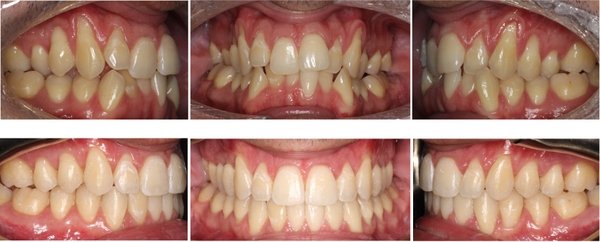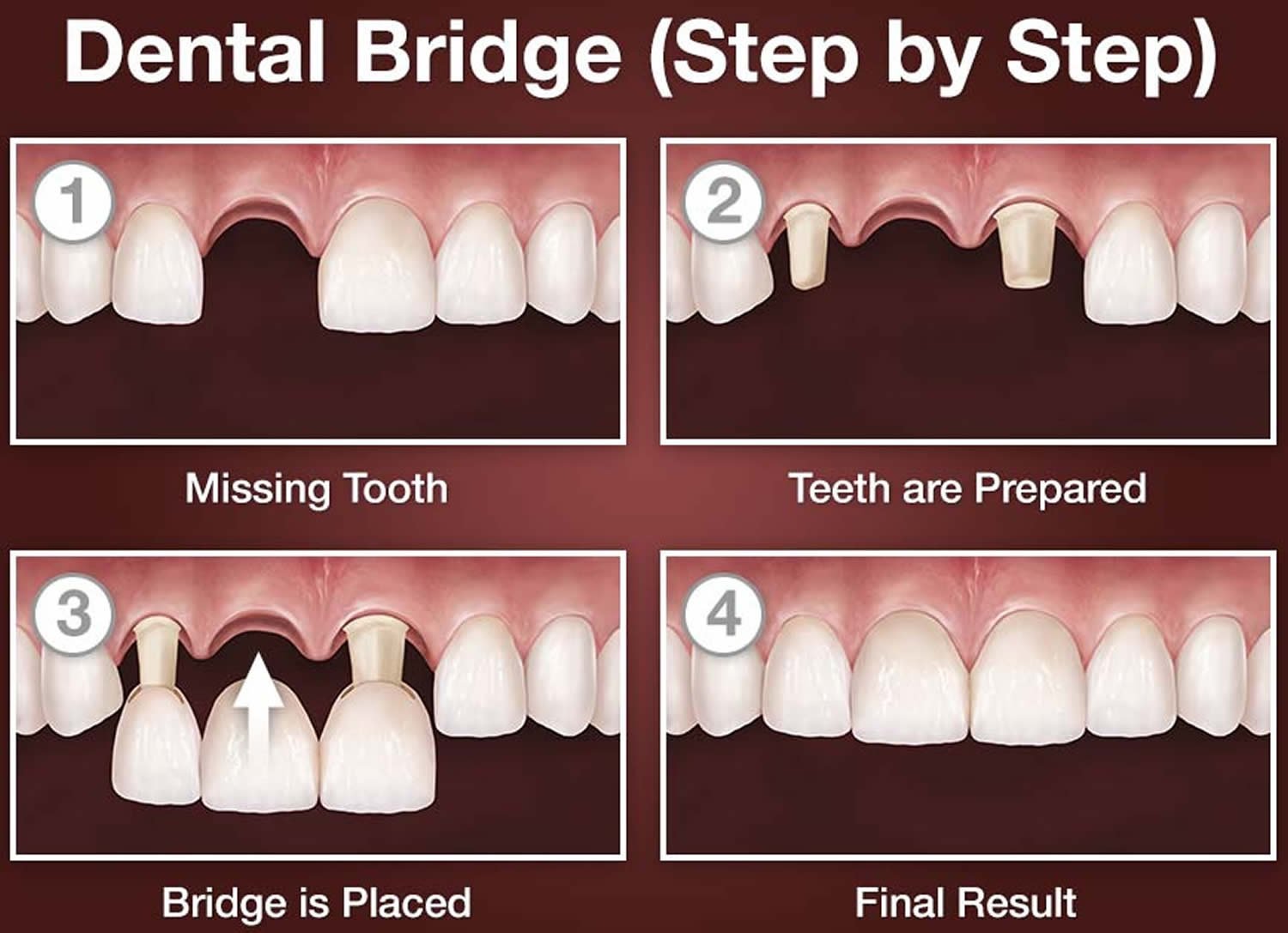Introduction The mouth is often described as the gateway to the body, and science increasingly supports this. Gum disease is not just a localised issue affecting the gums and teeth it has been linked to systemic health issues, including cardiovascular disease. Understanding this connection highlights why gum health matters for our overall well being. How …
Table of contents
Introduction
The mouth is often described as the gateway to the body, and science increasingly supports this. Gum disease is not just a localised issue affecting the gums and teeth it has been linked to systemic health issues, including cardiovascular disease. Understanding this connection highlights why gum health matters for our overall well being.
How Gum Disease Affects the Body
When gums are inflamed, bacteria and toxins from plaque can enter the bloodstream through tiny breaks in the tissue. Once in circulation, these bacteria can trigger inflammation in blood vessels, encouraging the build-up of fatty deposits. Over time, this process contributes to atherosclerosis, which narrows arteries and increases the risk of heart attack or stroke.
Evidence from Research
Several studies show a clear association between gum disease and cardiovascular conditions. Patients with periodontitis are more likely to suffer from blocked arteries, heart disease, and strokes compared to those with healthy gums. While research is ongoing, the correlation is strong enough to raise concern.
Shared Risk Factors
Certain lifestyle habits increase the risk of both gum disease and heart disease. Smoking, poor diet, and stress are common contributors. This overlap suggests that improving gum health can also reduce cardiovascular risk.
The Role of Inflammation
Chronic inflammation is a central link. Gum disease creates constant low-level inflammation in the body. This systemic response may make existing heart conditions worse and create new risks for otherwise healthy individuals.
Protecting Both Gum and Heart Health
The best defence is prevention. Brushing and cleaning between the teeth daily using floss,TePes, water flossers, quitting smoking, and maintaining a balanced diet are vital steps. Regular dental visits ensure gum disease is treated before it becomes advanced.
At Ashtead Dental, we encourage patients with heart conditions to prioritise oral care. We work alongside patients to protect gum health, supporting their overall health at the same time.
Conclusion
The link between gum disease and heart health is a reminder that oral care goes beyond the mouth. By treating gum problems early, you can support both your smile and your heart.
FAQ’s
While more research is needed, evidence suggests that treating gum disease lowers inflammation, which benefits heart health.
Yes, poor circulation and certain medications may make gums more susceptible.
Absolutely. This ensures your dental team provides care tailored to your health needs.









